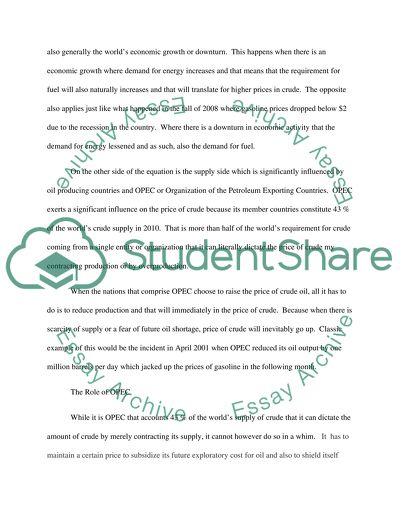Cite this document
(“(Economics major) The factors that influences our current gasoline Essay”, n.d.)
Retrieved from https://studentshare.org/environmental-studies/1423130-economics-major-the-factors-that-influences-our
Retrieved from https://studentshare.org/environmental-studies/1423130-economics-major-the-factors-that-influences-our
((Economics Major) The Factors That Influences Our Current Gasoline Essay)
https://studentshare.org/environmental-studies/1423130-economics-major-the-factors-that-influences-our.
https://studentshare.org/environmental-studies/1423130-economics-major-the-factors-that-influences-our.
“(Economics Major) The Factors That Influences Our Current Gasoline Essay”, n.d. https://studentshare.org/environmental-studies/1423130-economics-major-the-factors-that-influences-our.


